Meaning Of Marine Life

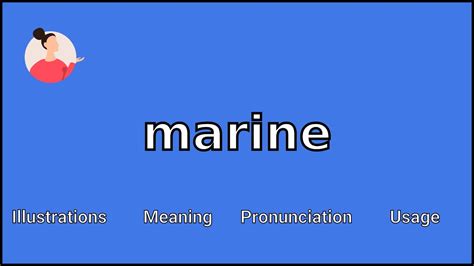
Introduction to Marine Life
Marine life refers to the vast array of living organisms that inhabit the ocean, including plants, animals, and microorganisms. The ocean, which covers over 70% of the Earth’s surface, is home to a diverse range of marine life, from tiny plankton to massive blue whales. Marine life plays a vital role in the health of our planet, providing numerous benefits, including food, oxygen, and shoreline protection.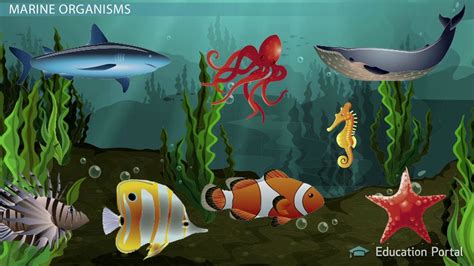
Types of Marine Life
There are several types of marine life, including:- Phytoplankton: microscopic plants that form the base of the marine food chain
- Zooplankton: small animals that feed on phytoplankton
- Corals: tiny animals that form coral reefs, which provide habitat for many other marine species
- Fish: a diverse group of animals that include species such as salmon, tuna, and shark
- Mollusks: a group of animals that include species such as clams, mussels, and oysters
- Crustaceans: a group of animals that include species such as crabs, lobsters, and shrimp
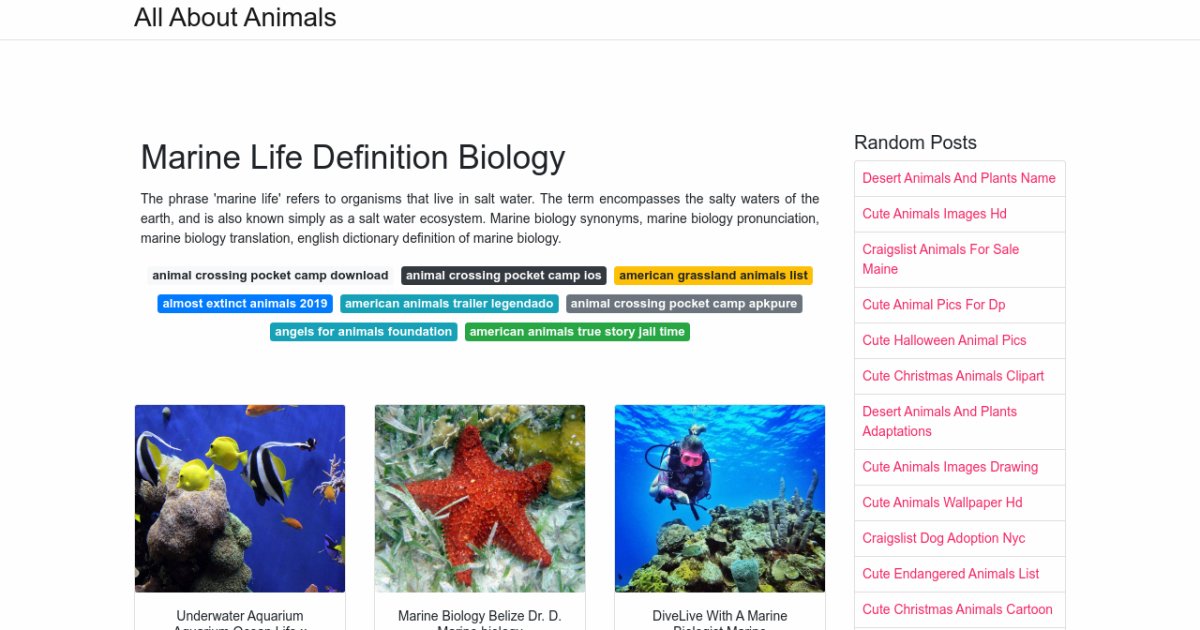
Importance of Marine Life
Marine life is essential for the health of our planet, providing numerous benefits, including:- Food: many species of marine life are an important source of food for humans and other animals
- Oxygen: phytoplankton produce oxygen through photosynthesis, which is essential for human life
- Shoreline protection: coral reefs and other marine ecosystems help to protect shorelines from erosion and damage from storms
- Medicine: many species of marine life have been used to develop new medicines and treatments
- Recreation: marine life provides opportunities for recreation, including swimming, diving, and fishing
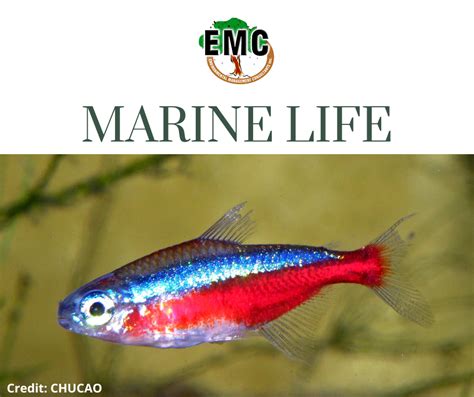
Threats to Marine Life
Despite the importance of marine life, many species are facing numerous threats, including:- Overfishing: the removal of too many fish and other marine species from the ocean, which can damage the balance of the ecosystem
- Pollution: the release of pollutants, such as plastic and chemicals, into the ocean, which can harm marine life
- Climate change: the warming of the ocean, which can cause coral bleaching and other impacts on marine ecosystems
- Habitat destruction: the destruction of habitats, such as coral reefs and mangroves, which can harm marine life
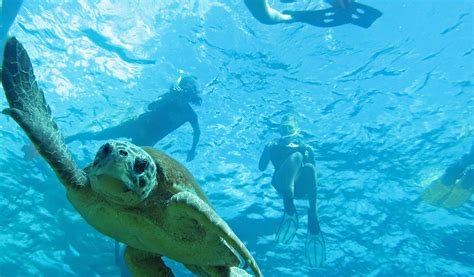
Conservation Efforts
To protect marine life, conservation efforts are underway, including:- Establishment of marine protected areas: the creation of protected areas, such as national parks and wildlife refuges, to protect marine ecosystems
- Regulation of fishing and pollution: the implementation of laws and regulations to reduce overfishing and pollution
- Research and monitoring: the study of marine ecosystems and the impacts of human activities on marine life
- Education and outreach: the education of the public about the importance of marine life and the threats it faces
🐠 Note: It is essential to take action to protect marine life, as the health of our planet depends on it.
In the end, marine life is a vital component of our planet, providing numerous benefits and playing a crucial role in the health of our ecosystem. It is essential to take action to protect marine life, including reducing pollution, protecting habitats, and promoting sustainable fishing practices. By working together, we can help to ensure the long-term health of our oceans and the many species that call them home.
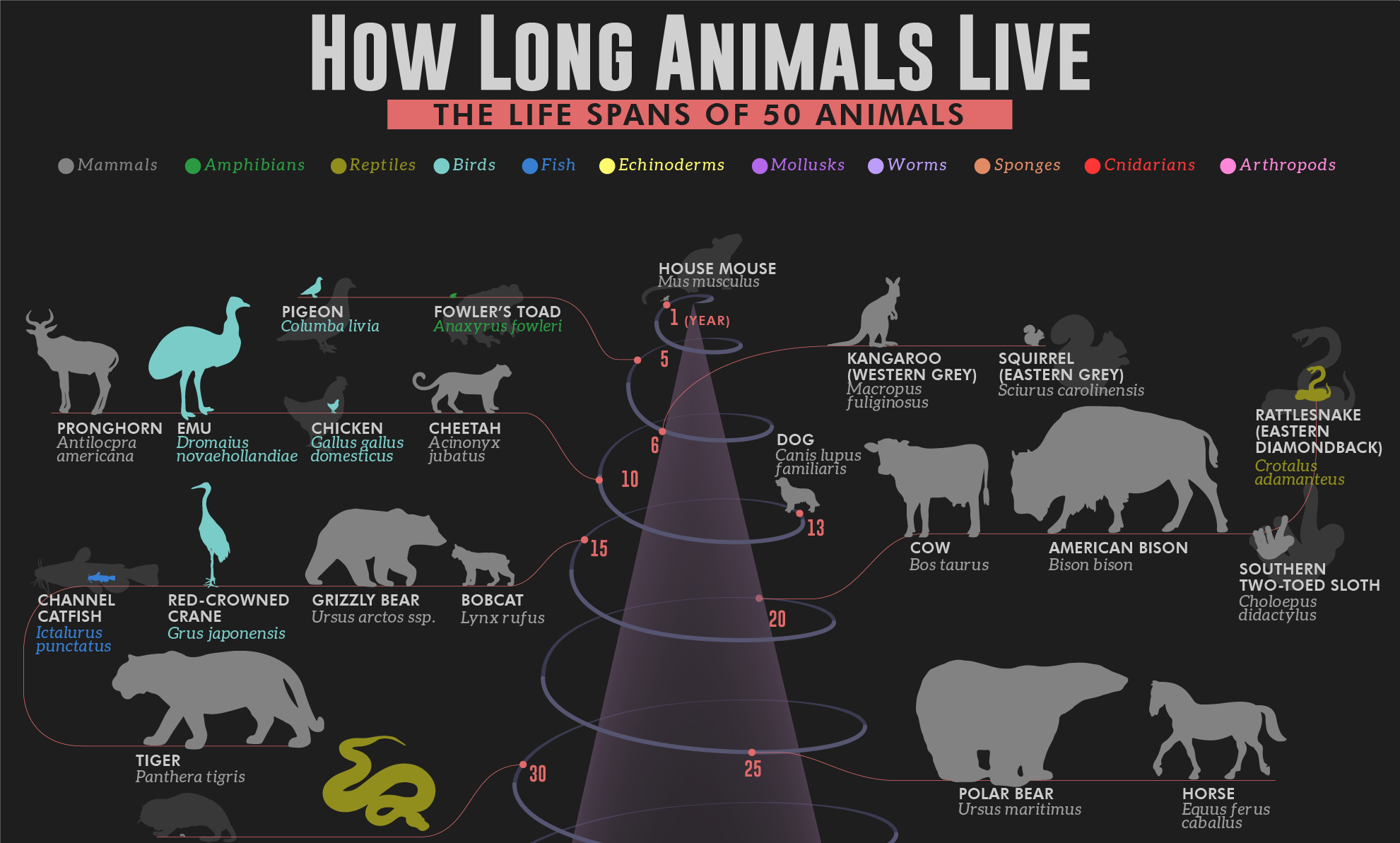
What is the importance of marine life?
+
Marine life is essential for the health of our planet, providing numerous benefits, including food, oxygen, shoreline protection, medicine, and recreation.
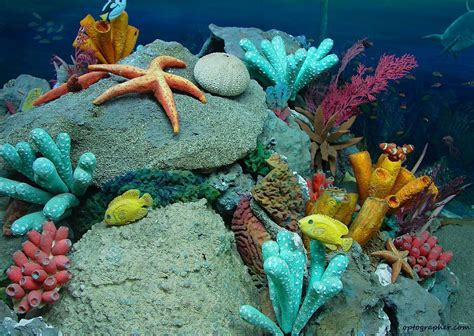
What are the threats to marine life?
+
Many species of marine life are facing numerous threats, including overfishing, pollution, climate change, and habitat destruction.
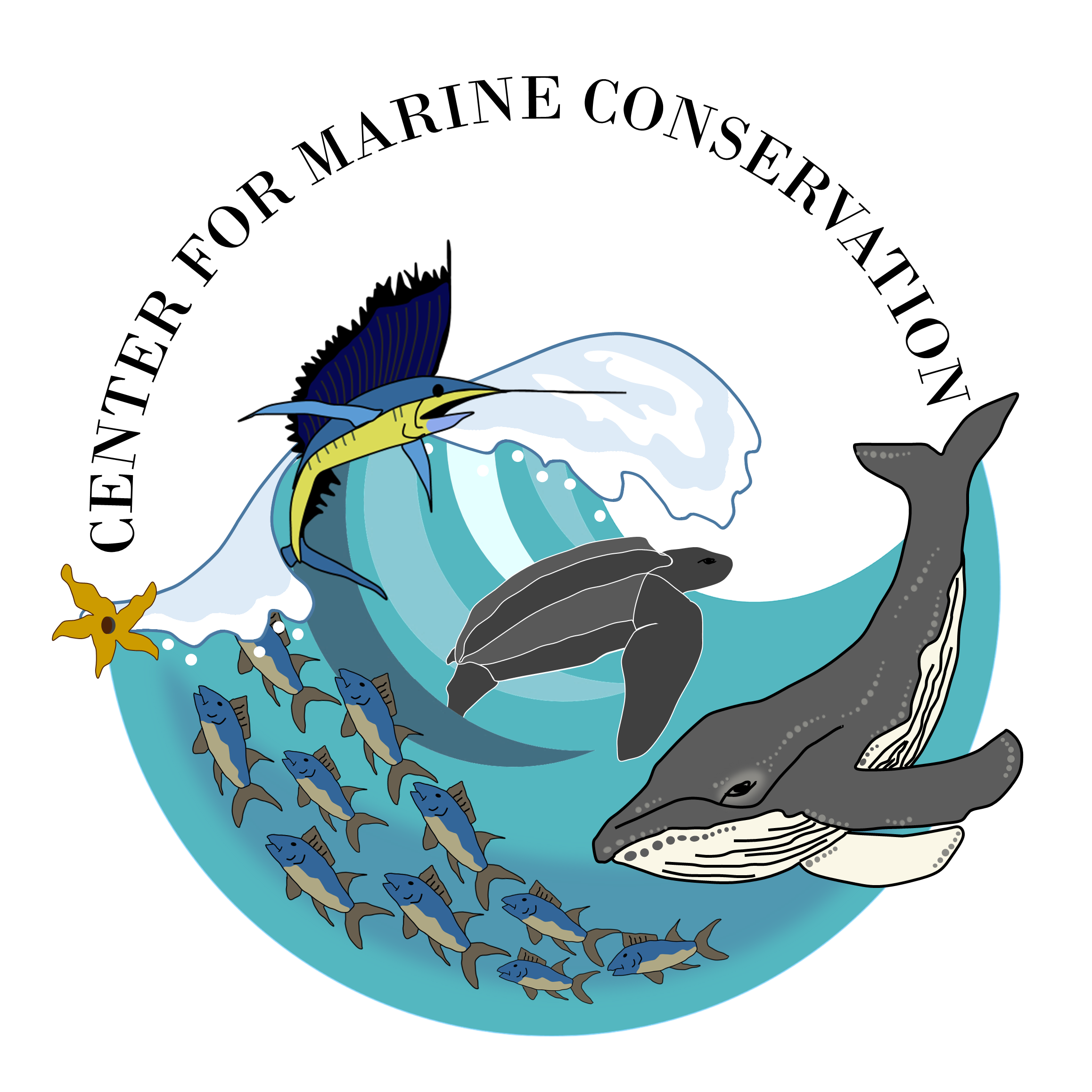
What can be done to protect marine life?
+
To protect marine life, conservation efforts are underway, including the establishment of marine protected areas, regulation of fishing and pollution, research and monitoring, and education and outreach.

